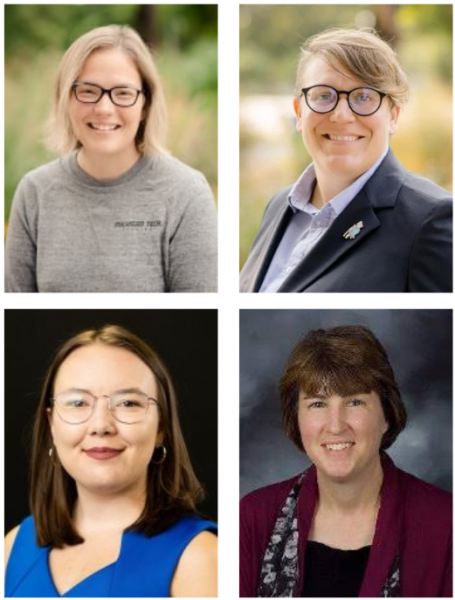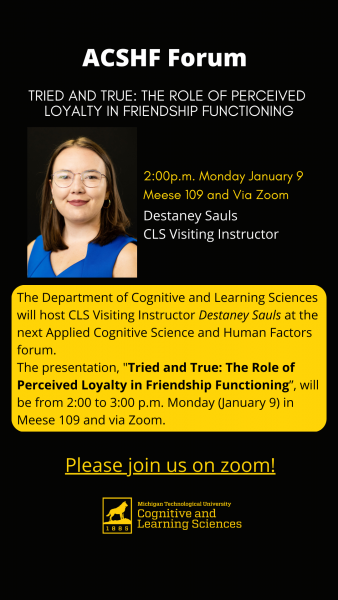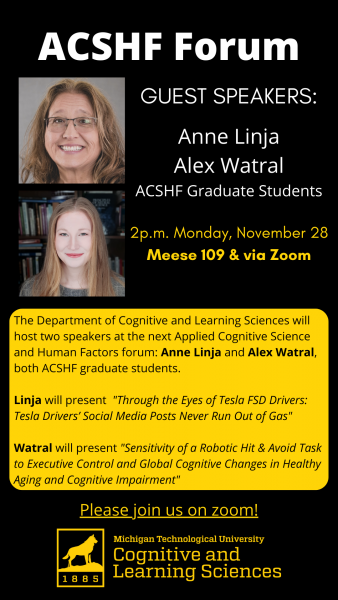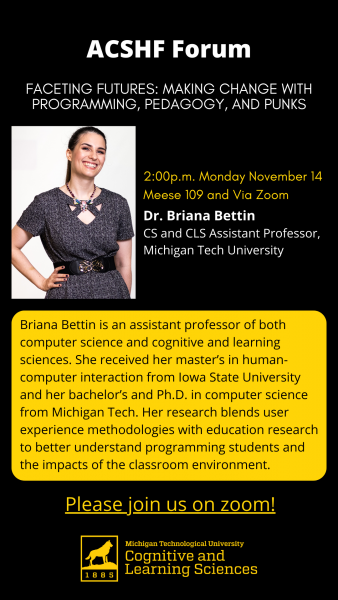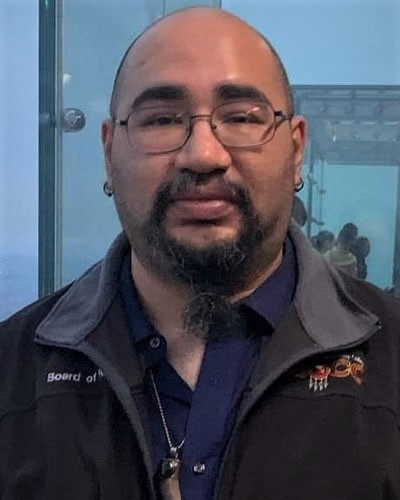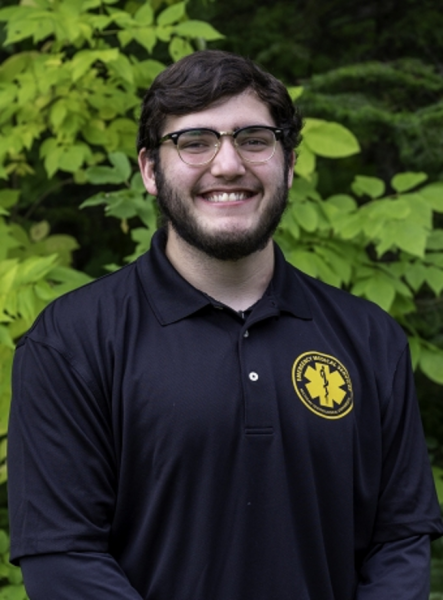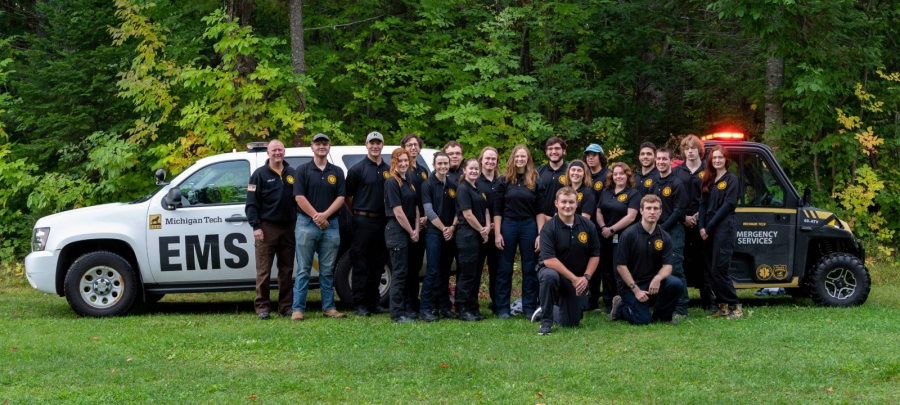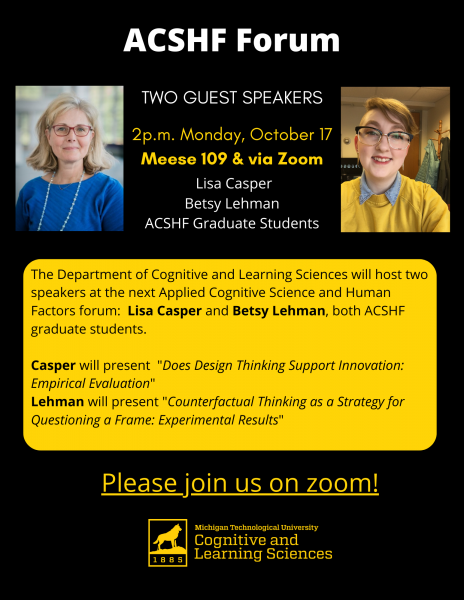Cognitive and Learning Sciences’ faculty Amber Bennett, Destaney Sauls, Kelly Steelman, and Linda Wanless (CTL) have been identified as four of only 70 instructors who received an exceptional “Average of 7 Dimensions” student evaluation score for fall semester 2022.
Each of their scores were in the top 10% of similarly sized sections university-wide that had at least a 50% response rate and a minimum of 5 responses. Only 91 sections out of more than 1,379 surveyed were rated this highly by students.
Andrew Storer, Interim Provost and Senior Vice President for Academic Affairs, recently congratulated the faculty stating, “On behalf of Michigan Tech’s students, I want you to know that I am aware of your accomplishment. I know that exceptional teaching takes a great deal of time and effort, and I appreciate your commitment to the success of our students. Providing excellent learning opportunities is an important part of Michigan Tech’s mission.”
Michigan Tech’s Department of Cognitive and Learning Sciences offers bachelor of science degrees in Psychology and Human Factors, along with a Minor in Psychology. We also offer an Accelerated Masters degree in Applied Cognitive Science and Human Factors (ACSHF), which typically requires only one additional year of course work. Our graduate program includes masters and doctoral degrees in Applied Cognitive Science and Human Factors (ACSHF).
Questions? Contact us at cls@mtu.edu. And follow us @clsmtu on Instagram and Facebook for the latest happenings.
